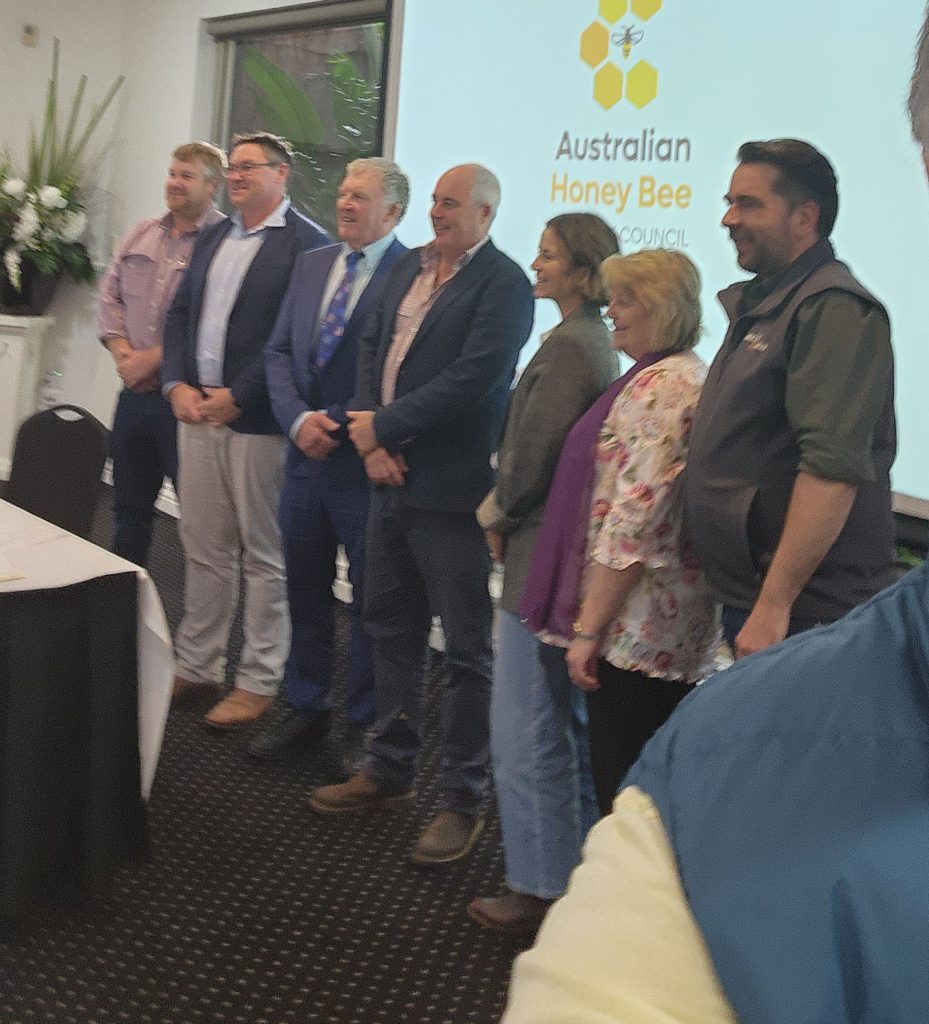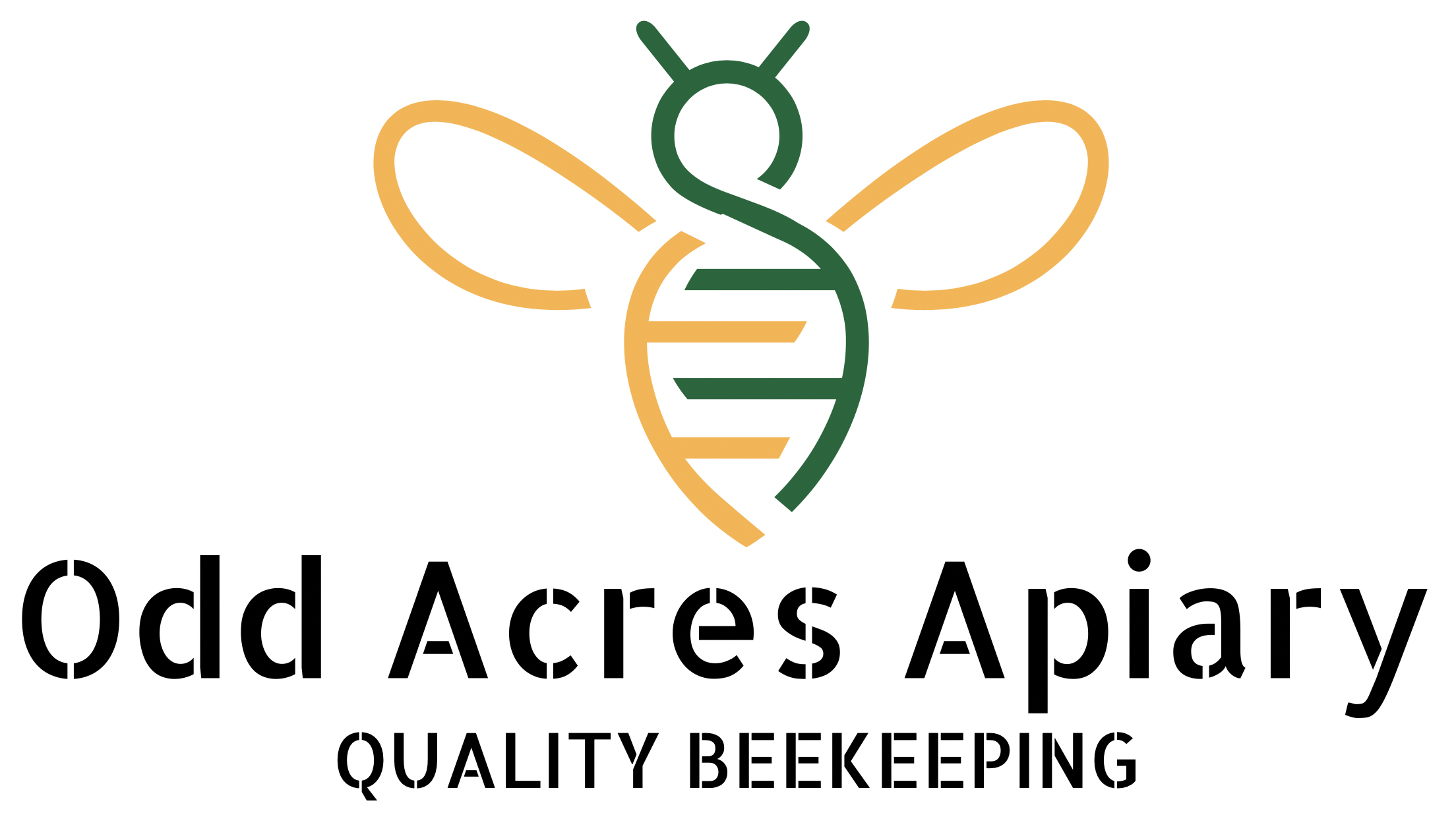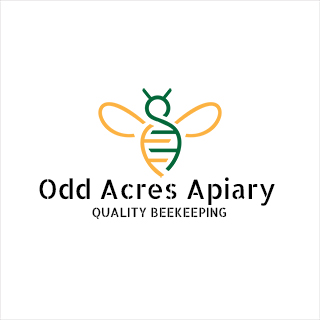
AHBIC 2023 Annual General Meeting
I swung by the Australian Honey Bee Industry Council (AHBIC) Annual General Meeting (AGM) last weekend, representing the Australian Queen Bee Breeder’s Association (AQBBA).
As expected, much of the conversation was about the current varroa situation and the likely next steps. I also grabbed some notes on queen bee breeding and rearing matters. For those of us who have had very little to do with AHBIC, I thought I would share the following thoughts:
- AHBIC is a small organisation with a core team (the Chairman, the CEO and an assistant).
- The core team is supported by a handful of elected volunteer “executive members”.
- The core teamwork at the direction of AHBIC’s institutional members. These members pay a membership fee and represent the main stakeholders in the Australian Honeybee Industry (see the list below).
- In terms of remuneration, the Chairman can draw a small retainer (though the current Chairman chooses not to). The CEO is full-time and salaried. At times, the CEO may benefit from an assistant who is contracted when funds permit.
- Apart from membership subscriptions, AHBIC receives donations from the “Friends of AHBIC”, who provide about $160,000 annually (greatly helping to fund the CEO, an assistant and some travel/operational funds). Interestingly, the Friends of AHBIC have no voting rights and are not directly consulted in the operation of the Council. AHBIC receives no other regular funding.
The AHBIC website is informative. The AHBIC factsheet can be found here.
Members
NSW Apiarists Association
Queensland Beekeepers Association
South Australian Apiarists Association
Tasmanian Beekeepers Association
Victorian Apiarists Association
Bee Industry Council of WA
Honey Packers and Marketers Association of Australia
Crop Pollination Association
Australian Queen Bee Breeders Association
Amateur Beekeepers Australia
The 2023 Board and Executive Members (from left to right)
Jon Lockwood (Vice Chairman), Danny Le Feuvre (CEO), Stephen Targett (Chair), Ben McGee, Bianca Giggins, Therese Kershaw and Lindsay Callaway
Neil Bingley (V), Zack Alcock
Jacob Stevens (V), Bruce Ruge
Brenton Davis (V), Allan Cotton
Lindsay Bourke (V), Robbie Charles
Phil McPherson (V), John Van Weeghel
Kim Fewster (V), Mikey Cernotta
Ben McKee (V), Kevin Webb
Stephen Fuller (V), Mal Porter Australian
Peter Czeti (V)
Doug Purdie (V)
Note: V = voting member

Chairman’s Report
Stephen Targett made his Report, which is included in the AHBIC Annual Report 2023. There was a slight variation from the document in the Annual Report. The main points included:
- Varroa – dominated AHBIC to the extent that little was done concerning last year’s objectives.
- The important success of the 4th Bee Congress. AHBIC banked about $160,000 from the congress, planning to use this funding to host further conferences in Australia.
- There was continued concern over the loss of access to floral resources. Not much was done over the last 12 months because of the priority of the varroa emergency. However, this would be a priority for 2023.
- Cheap Imported Honey – AHBIC coordinated and established the Imported Honey Fighting Fund.
- Lack of skilled workers – To be eligible for a skilled worker visa in Australia, applicants must hold a bachelor’s degree !!!! AHBIC has applied to have the skill level lowered to a Certificate III. Unfortunately, this is a protracted affair and will take a long time due to the bureaucracy and consultative processes.
- Zero Carbon – investigation regarding what this means for the Industry.
Biosecurity Plan
A new, updated Biosecurity Plan for the Honey Bee Industry is being developed. It was meant to be completed by now, but – as with everything it seems – Varroa has delayed its development. An exposure draft should be available for review before the end of this calendar year.
Almond Pollination Season
There will not be end-to-end surveillance of all beehives at Almonds this year. Instead, the new model will be targeted surveillance based on bees coming from “high-risk” areas. Beekeepers will be responsible for their compliance. If varroa is detected at Almonds, then – at present – lockdowns with red/purple zones will be implemented. During each event, a decision will be made to determine if we are to migrate to management.
Apis Florea incursion in Karratha, WA on 22/23 March.
A fully developed colony of Apis Florea (Asian Dwarf Honeybee) was discovered and destroyed about 4km from Karratha’s suspected port/incursion site on 15th June. Highly invasive, a prolific swarmer and benefiting from a Bloodwood flow that is currently in the area, several Apis Florea colonies have been discovered outside the initial containment area. Mites have also been found on the incursion (Euvarroa sinhai). These mites are not common on honeybees and are incredibly long-lived, up to two years. Mites have been sent to CSIRO for analysis. Further information is available on the Western Australian Agriculture and Food website.
AHBIC Strategic Plan
A five-year industry development plan that expires next year. As such, it will be up for review and re-written this year.
Queen Bee and Drone Import Sub-Committee Report
A paper reviewing the current arrangements for the queen bee and drone semen import and quarantine was presented by its managing sub-committee. In our case, it was chaired by David Briggs who reported:
- Current PEQ facilities are not suitable for honeybees.
- Import regulations and compliance paperwork are complex, with “red tape”.
- Virus testing in Australia is not standardized, is costly, has poor expertise in administering the tests and is likely inaccurate.
Future Trade Shows and Bee Congress
AHBIC made $160,000 from the 4th Bee Congress in Sydney last year. Because of the success of the Congress, AHBIC is considering running another Australian or international event in the coming years using the $160,000 as seed funding. Some discussion also took place on the feasibility of hosting Apimondia.
Motions for AHBIC Priorities in 2023
Quite a few motions were approved during the closing stages of the AGM. Only one of these was directly relevant to queen bee breeders and producers. AHBIC will lobby to extend the Certificate of Compliance with the Biosecurity Code of Practice to all beekeepers, not just those with 50-plus colonies.
And that’s all folks !!!!

